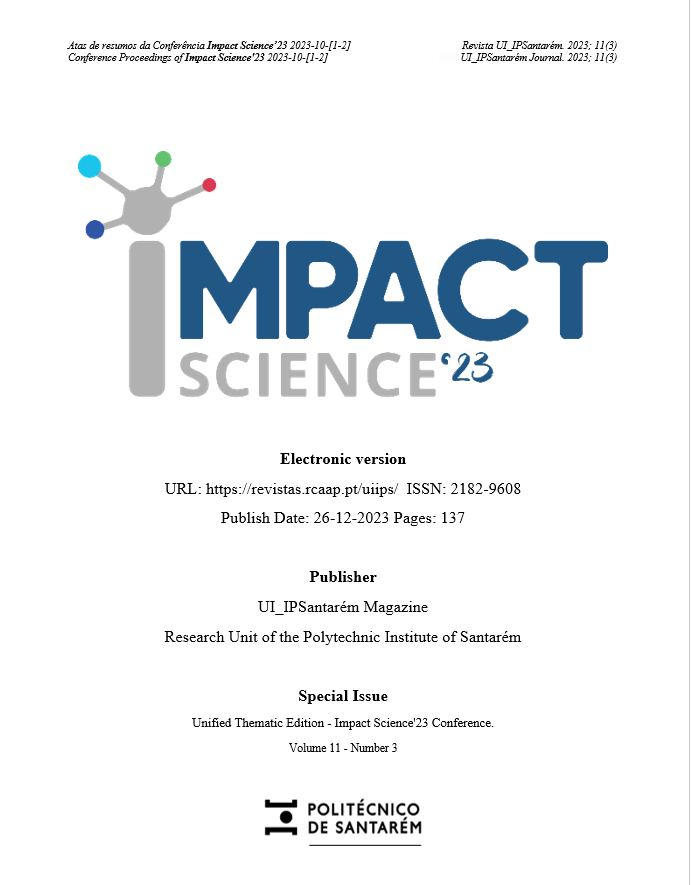Biorefinery for the production of a Biofungicide
DOI:
https://doi.org/10.25746/ruiips.v11.i3.32552Keywords:
Agroindustrial residues, Biofungicide, Biorefinery, waste valorizationAbstract
Agroindustries face several challenges in the scope of the bioeconomy, looking for new processes and technologies for the reuse of agroindustrial waste and by-products. The juice industry produces a large amount of organic waste that needs valorization. In this context, the main objective of this study was to develop a biorefinery for the extraction of essential oil from orange peel, through the reuse of waste from the juice industry, which will function as a raw material in the production of a biofungicide. In the present study, the methods used for the extraction of orange oil are described, through the process of simple distillation, which is a separation and purification process used to separate a homogeneous mixture formed by a solid dissolved in a liquid, decantation, which is a process of separation of heterogeneous liquid mixtures and, finally, drying, being a mass transfer process involving the removal of moisture (water). Obtaining this pure oil has an average yield of 1.075 % oil extracted/kg of orange peel. The proof of concept is ready, and the technology is validated, corresponding to a TRL of 4. This study presents itself well-articulated with the business needs of the region, since the region of Santarém presents agri-food industry focused on the production of juices. On the other hand, there is a large agricultural production, which according to European guidelines will have to convert 30% of agricultural land into organic farming, being important the development of new molecules of biological origin that allow to achieve these objectives. The aim of this project is to build a new biorefinery linked to the agri-food sector, which aims to create value and promote the sustainability of the territory in its different pillars, generating employment, allowing people to settle in low-density regions such as the district of Santarém and reducing the environmental impacts resulting from the disposal of organic waste in landfill.
Downloads
Published
How to Cite
Issue
Section
License
Copyright (c) 2023 Jessica Torrão, Mónica Contente, Tomás Carraço, João Reis, Ana Neves, Margarida Oliveira

This work is licensed under a Creative Commons Attribution-NonCommercial-NoDerivatives 4.0 International License.
Authors publishing in this journal agree to the following terms:
Authors retain copyright and grant the journal the right of first publication, with the article simultaneously licensed under the Creative Commons Attribution License that allows sharing of the work with acknowledgement of authorship and initial publication in this journal.
Authors are permitted to enter into additional contracts separately for non-exclusive distribution of the version of the article published in this journal (e.g., publish in an institutional repository or as a book chapter), with acknowledgment of authorship and initial publication in this journal.
Authors have permission and are encouraged to publish and distribute their work online (e.g., in institutional repositories or on their personal webpage) at any point before or during the editorial process, as this may generate productive changes, as well as increase the impact and citation of the published work.



